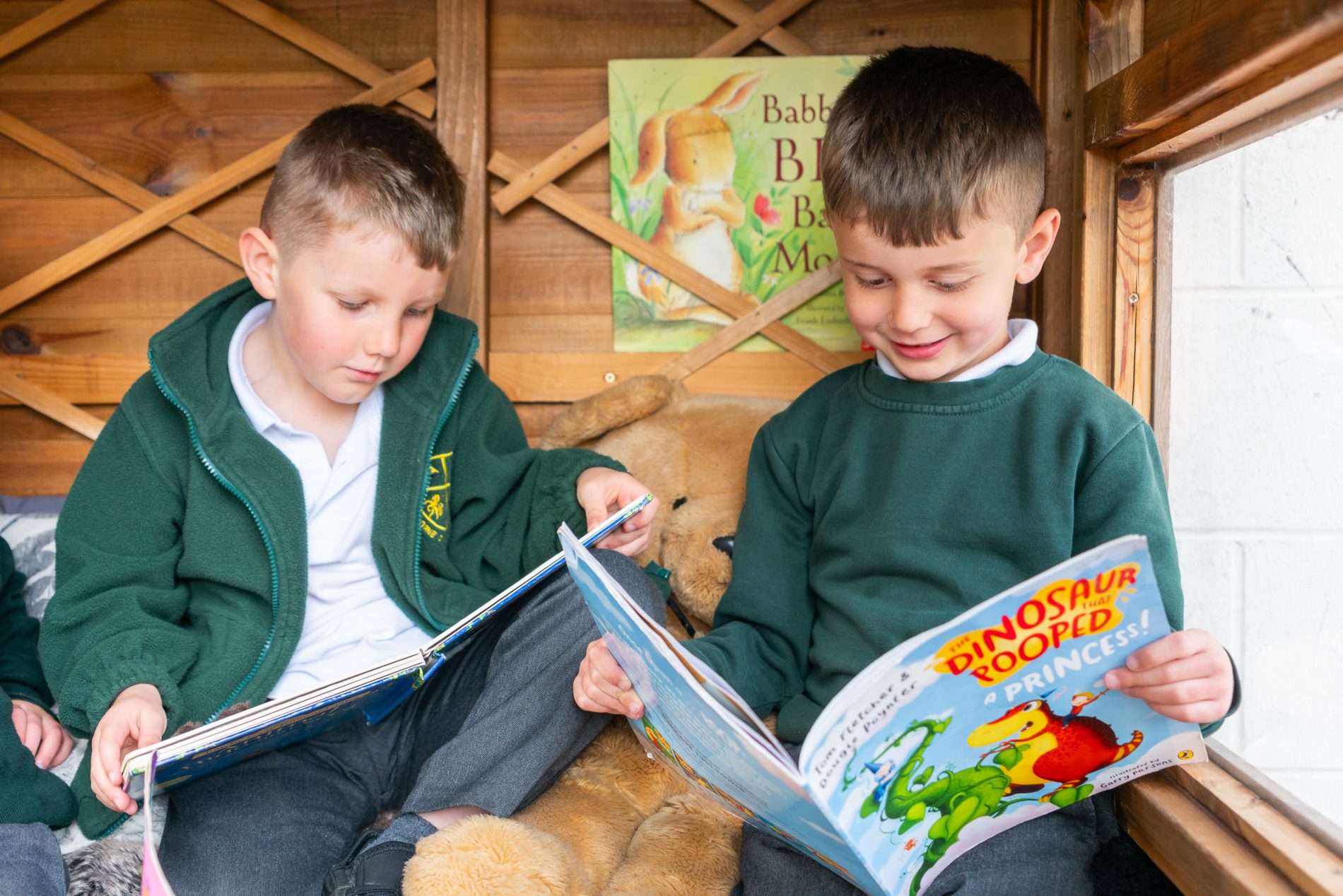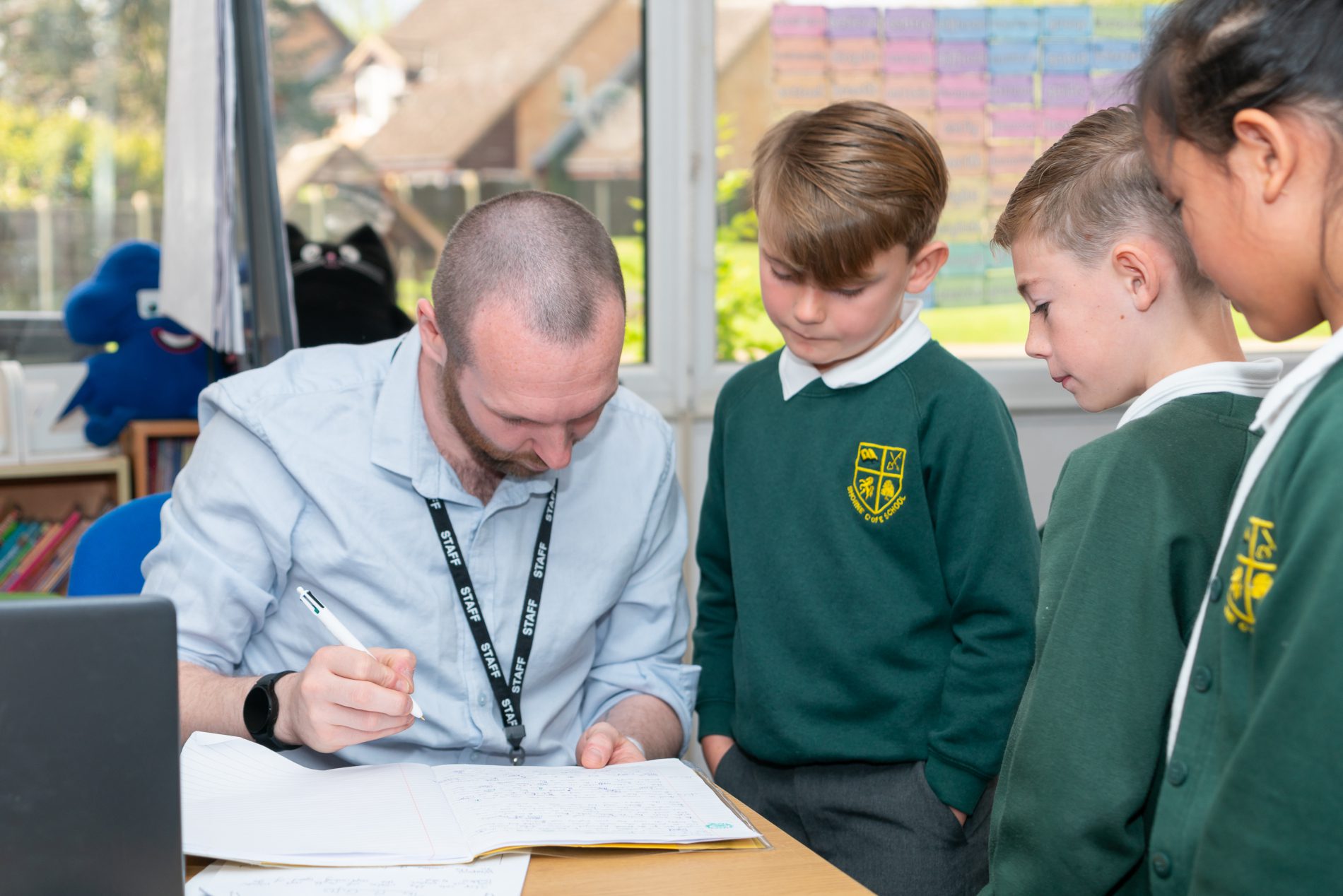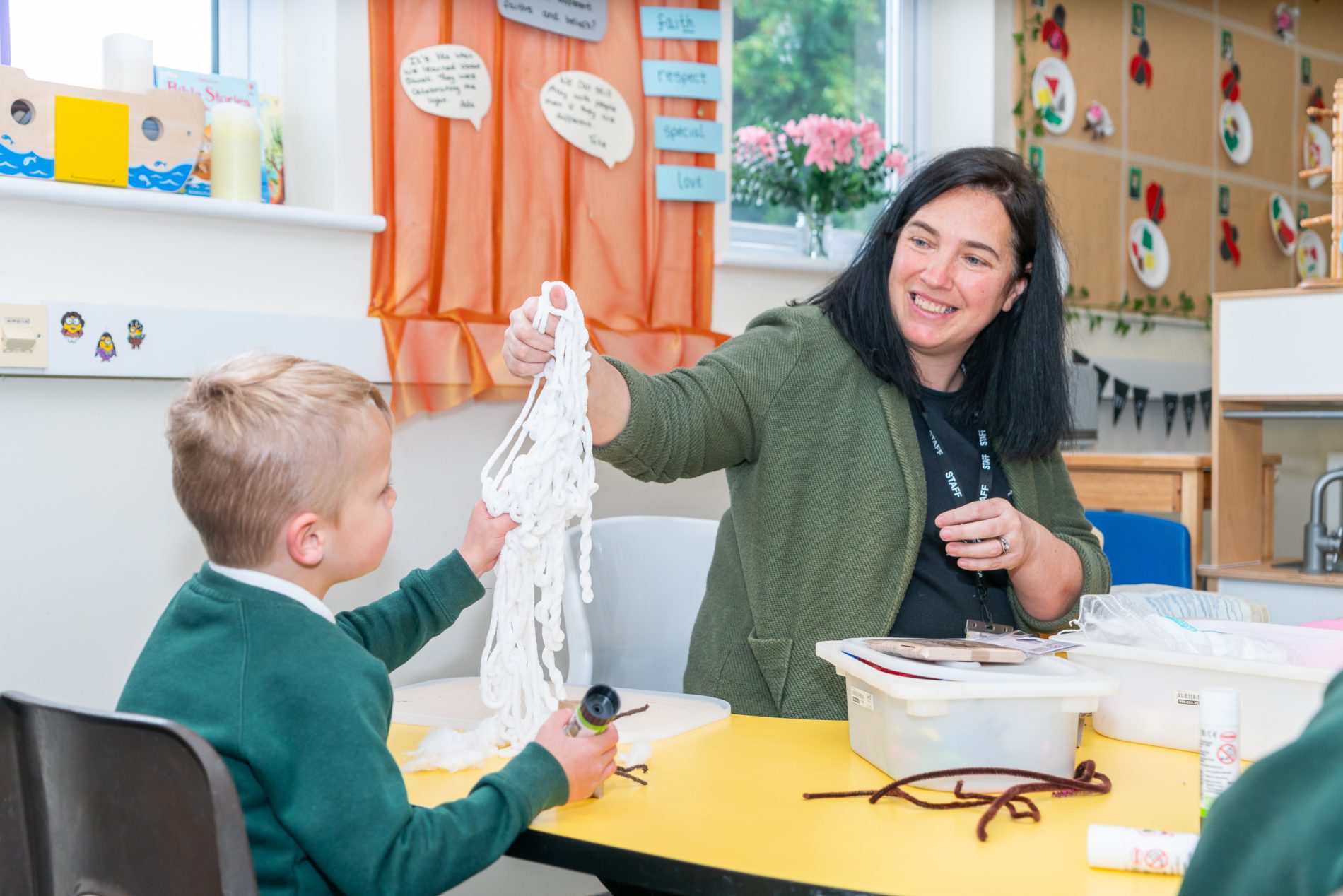Introduction
At Shorne Church of England Primary School, our theologically rooted Christian vision “Love, Learn, Live”, is at the heart of everything we do. Rooted in the parable of the Good Samaritan (Luke 10:25–37), this vision calls us to love our neighbour, learn with wisdom and compassion, and live with open hearts and minds. Our curriculum is carefully designed to reflect and embody these Christian principles, ensuring that all children, regardless of background, can flourish academically, spiritually, and emotionally.
A Vision-Shaped Curriculum
Our curriculum is more than a collection of subjects; it is a lived expression of our Christian ethos. Through the lens of our values: Resilience, Community, and Respect, and our vision, we teach children to recognise their responsibility towards others, show empathy, and act with integrity.
Each subject offers opportunities to live out our vision:
- In PSHE and RSE, children learn about relationships, respect, and justice; echoing the Samaritan’s love across boundaries.
- In English, we explore diverse voices and experiences, promoting understanding and empathy.
- In science and geography, we learn about stewardship and care for God’s creation.
- Through RE, we deepen our theological understanding and explore how faith can shape lives.
Our extra-curricular offer also reflects our vision. Clubs such as sports and music, cooking promote collaboration, confidence, and creativity, while charity work and community partnerships offer real-life contexts for children to practise loving their neighbour and living responsibly.


Statement of Implementation

Our Four Curriculum Drivers
Our curriculum is further shaped by four core drivers that reinforce our vision and values:
- Courage – Just as the Good Samaritan had the courage to act, our curriculum challenges pupils to face difficulty bravely, speak out for justice, and take risks in their learning.
- Opportunity – We design learning experiences that broaden horizons, especially for those who may have fewer life chances. These include enrichment trips, leadership roles, and cultural experiences.
- Resilience – Children are supported to persevere through challenges and develop emotional strength. We celebrate persistence and encourage self-belief.
- Diversity – We affirm every child as made in the image of God. Our curriculum promotes inclusivity and respect for all cultures, beliefs, and abilities, fostering a sense of belonging and value.
Spiritual Development
Spirituality is not an add-on but an integral thread throughout our curriculum. We use the Windows, Mirrors, and Doors approach to nurture spiritual growth:
- Windows – Giving pupils the chance to experience wonder, ask big questions, and encounter the world in new ways.
- Mirrors – Encouraging self-reflection and helping children consider their identity, beliefs, and purpose.
- Doors – Inspiring action and enabling pupils to live out what they have learned in service to others.
This approach helps pupils develop meaning, connection, and purpose, contributing to their personal and spiritual formation.
Impact and Inclusion
We are committed to ensuring that every child flourishes. Our Christian vision shapes the way we teach and support pupils by:
- Providing tailored interventions and support, rooted in compassion and dignity.
- Ensuring access to enrichment and leadership opportunities, enabling all children to live life to the fullest.
- Fostering a nurturing and inclusive environment, where every voice is heard and respected.
Our school leaders rigorously monitor the curriculum’s effectiveness through:
- Pupil voice and feedback
- Book studies and lesson observations
- Progress and attainment data
- Regular reflection on the impact of our vision
We know our curriculum is working when we see children grow in confidence, show care for others, face challenges with resilience, and engage with the world as compassionate and thoughtful citizens; living out our vision to Love, Learn, Live.

Curriculum End Points
Our curriculum is designed with two-year end points. The rationale behind this is based on various pieces of research not least than that of Paul Kirschner – ‘Learning is a Change in Long Term Memory’ and the vast research around spaced learning and repetition.
Therefore, all curriculum subjects for Years 1-6, are grouped into three Milestones:
- Throughout Y1 and Y2, children will be assessed on the concepts contained in Milestone 1.
- During Y3 and Y4, all children will be assessed on the concepts contained in Milestone 2.
- Finally, in Y5 and Y6 all children will be assessed on Milestone 3.
All children begin each Milestone at the ‘Basic’ level. At this level they are acquiring new skills and are dependent upon the support of adults in order to learn new concepts. A child at the ‘Basic’ level will be able to: name, describe, follow instructions, use, match, recognise, label and recall concepts and skills, essential in a specific milestone. For a child to achieve Basic 1 they will have some evidence of the ‘Basic Milestone’, whereas a child who is assessed as Basic 2 will have a widespread of evidence.
Once children are able to demonstrate this ability on multiple occasions, they move to the ‘Advancing’ stage. They are now more independent learners, capable of making some degree of decision whilst applying some of their skills with guidance. Typically, they are able to: explain, classify, infer meaning, make predictions, interpret, summarise and apply their skills to solve problems. For a child to achieve Advancing 1 they will have some evidence of the ‘Advancing Milestone’, whereas a child who is assessed as Advancing 2 will have a widespread of evidence.
Finally, some children may reach the ‘Deep’ level of thinking. This involves a high level of cognitive challenge, where children are expected to apply their skills in a range of complex contexts without the guidance of adults. At this stage, children are able to: solve non-routine problems, appraise, explain concepts, hypothesise, investigate, design and prove. At a ‘Deep’ level, children will have ‘Mastered’ all the skills and concepts taught. It is important to note, however, that only some children will reach this level of understanding during the course of their learning journey.
In Key Stage 1 or 2, if a child is reported as ‘Significantly Below/Below’ in any curriculum area, this represents that they are not currently working at the ‘Basic’ level of understanding.
Curriculum progression in each stage
The curriculum in Early Years is led by children’s needs and underpinned by the Early Years Statutory Framework. It strikes a balance between child initiated and adult led. Carefully planned continuous provision and an enabling environment evolves to meet the needs of our children.
- The curriculum breadth for each year group ensures there is clarity of coverage. As well as outlining key knowledge from the National Curriculum for each subject, it also outlines opportunity for growth of cultural capital for pupils.
- Threshold Concepts are the key disciplinary aspects of each subject. They build conceptual understanding within subjects and are repeated many times within each subject.
- Milestones define the standards within each of the threshold concepts across a 2-year cycle.
- Depth: We expect pupils in Year 1 of the milestone to develop a Basic understanding of the concepts and an Advancing or Deep understanding in Year 2 of the milestone. Phase 1 in a milestone (Years 1, 3 and 5) is the knowledge-building phase that provides the fundamental foundations for later application. Learning at this stage must not be rushed and will involve a higher degree of repetition so that knowledge enters pupils’ long-term memory. If all core knowledge is acquired quickly, teachers plan to develop extended knowledge. Those children working below a Basic understanding will work toward Pebbles, which build smaller steps of understanding when working towards a Milestone.
If you require any further information about our curriculum, please do not hesitate to contact the school office who will put you in contact with the relevant subject leader.

